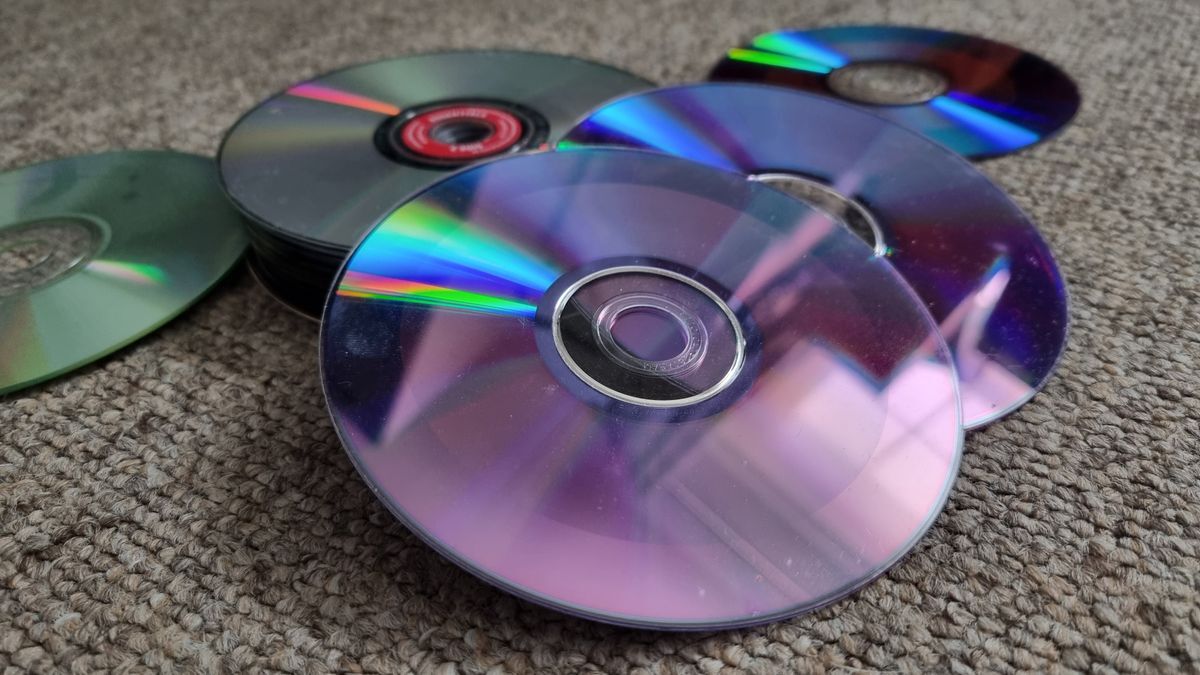The article is very light in detail but from what I’ve gathered they may only be in the proof of concept stage and looking for outside investments. This tech is years off which is basically a deathknell for anything targeting a today problem with a tomorrow solution. In data at least.
Longevity, Speed, Density… pick 2. This assumes rewritable media, of course… because we need feature parity. The current project appears to have at best 1 of the big 3.
Non magnetic media makes a lot of sense- but if we’re dealing in lasers we are limited by the spectrum of light. Sure you can probably focus a beam to burn into a layer 2, 15, 70 layers beneath another (and that’s impressive) … but explain how you plan to read that through the other layers. Explain how you will do it /quickly/. Explain how you won’t compromise the other layers receiving diffused light. I may end up being wrong but my gut tells me this is a research team just looking for venture capital.
Getting Zip Drive vibes from this.
After it crapped out, I used a zip drive as a coaster for a while in college.
Optical discs are not really meant for longterm storage on their own. Disc rot is a real thing.
Edit: I should have gone into a bit more detail. Yes, optical storage discs CAN be okay for longer term storage. But it depends on quite a few factors. The material itself has to be long lasting, the manufacturer has to have good quality control, and the end client should store it in a controlled environment. It’s it better or worse than alternatives. No idea without the actual data. It certainly has better density.
Optical discs are not one thing, they’re a variety of different technologies. This particular one is predicted to last many decades.
Wasn’t that something to do with the manufacturing process which has been more recently fixed?
recently fixed
No, not really. Generally as a product ages the quality control goes down since demand isn’t there. You can make archival grade CDs that will last a life time, it just costs too much money for anyone to want to pay for it. Plus business have tape which is plenty good for long term storage.
That makes sense. Why improve the process if it costs more to do so and most people don’t need it to last that long? But at least archival-quality CDs are out there.
Not sure of that, but there are discs which are made for archival purposes:
https://en.wikipedia.org/wiki/M-DISC#Durability_claims
In 2022, the NIST Interagency Report NIST IR 8387[22](Page 12), stated that M-Disc is an acceptable archival format rated for up to 100 years+.
Depends on what material they switch to. They could be using some new polymer or something, hence the longer lifespan.
True. It also depends on manufacturer quality controls and end client storage environment. I just recall that being a big selling point for DVD and CDs only for some people to find unreadable garbage after a decade. Or at least not easily readable garbage.
*Some optical discs. Others not so much, it’s not an inevitability… M-DISC, introduced in 2009, has a rating with proper storage of one THOUSAND years. They are even readable and writable by most regular DVD/Blueray drives!
https://en.wikipedia.org/wiki/M-DISC
I absolutely cannot wait for these new discs to be available!
That was my question about this. It can store a lot of data, great! But will the media last 10 years or more? For real long term storage it needs to last decades.
From the article:
Another associated benefit would be the minimisation of data migration. The discs are said to be highly stable, with an expected lifespan of 50 to 100 years. That’s a huge leap over current data centre HDD based storage systems, which generally move data over to new devices every five to 10 years to avoid data-loss from ageing drives.
Thank you! I’ll admit I hadn’t read the article.
You’re welcome.
VBD sounds like some sort of advanced std.
They missed their chance at marketing a BFD… or even BBD (big byte disc).
BBC big byte container
The expansion of that abbreviation feels like an idiocracy joke.
“We store the computer data on VBDs.” “What is a VBD?” “Very large disc^tm. It’s pretty advanced.” And then they just bring out an insanely large disc.
And they’re completely scratch-proof, right? I remember losing a CD-RW here and there (I’m old) because of scratches from everyday use. It’s fine when they only hold a few gigs, but 200 terabytes better be damn indestructible…
Put it in a minidisc-like plastic case to basically make it a cartridge and we’re in business.
Edit: oh, long term storage. My bad. Still, durability seems pretty essential.
No Gina, I’m not happy to see you. I just have a very big disc in my pocket.
That’s pretty exciting!
Physical media making a comeback? Sign me tf up








